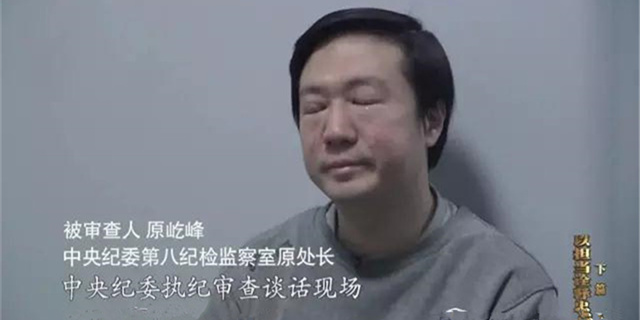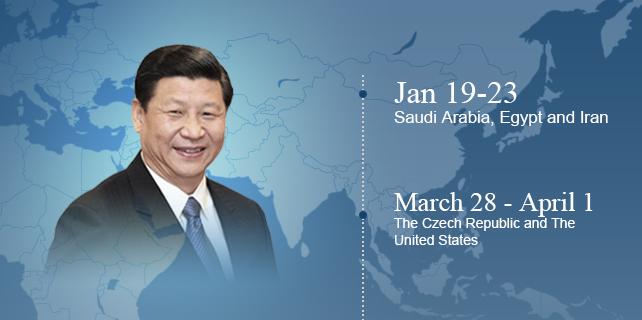A call to action to combat Alzheimer's disease
A concerted effort by different agencies around the world is required to increase the early intervention efforts of Alzheimer’s disease (AD) and boost the research and development of drugs used to treat the condition, according to medical experts.
“For any chronic disease, early prevention is critical. Both diabetes and AD can be found in early stages, which can at least delay the progress of the disease,” said Dr Ken Thorpe, chair of the Department of Health Policy and Management at the Rollins School of Public Health in Emory University.
“We should bring together academia and industry as well as the private sector and government. They can share important information and experiences associated with the disease. The fight against AD cannot be accomplished by one party. It requires coordinated efforts.”
AD is the most common form of dementia. It is a progressive disease of the brain that is characterized by impairment of memory and affects reasoning, planning, language and perception. It is mainly diagnosed in people aged over 65.
While there is still no cure for the disease, Professor Shao Liming, director of the Shanghai Center for Drug Discovery and Development, said that early diagnosis and intervention can keep the disease under control and delay its effects.
In 2006, there were 26.6 million people in the world suffering from AD, which is predicted to affect 1 in 85 people globally by 2050. According to public information, there are around 9.3 million cases of dementia and 5.7 million cases of AD in China. The China Association for AD said only one in five dementia patients in China is correctly diagnosed.
Dr Thorpe, who is also the chairman of the Partnership to Fight Chronic Disease, pointed out that a global effort can also help address the problem of rising medical costs. Experts estimate that the medical costs associated with AD in China alone could hit $1 trillion in the coming three decades.
“Given the increasing medical and economic burdens, it is important that we recognize the value of innovative drugs, which in the long term will reduce overall medical costs by decreasing hospital stays and the possibility of elder patients’ suffering from multiple chronic conditions. When we evaluate the value of innovative drugs, we need to do it using a comprehensive and long-term approach,” said Thorpe.
















